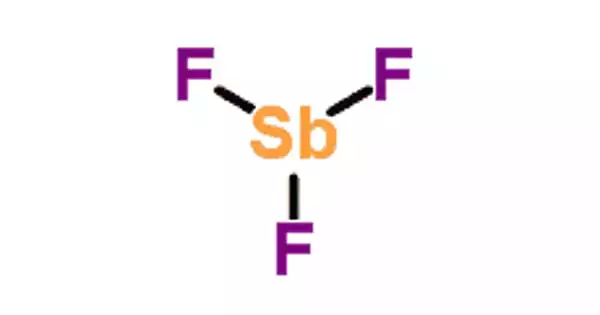Metacognitive therapy (MCT) is a type of psychotherapy that focuses on addressing and changing maladaptive thought processes and patterns associated with metacognition, or thinking about one’s own thoughts and cognitive processes. It is a type of psychotherapy that focuses on changing metacognitive beliefs that keep people in states of worry, rumination, and attention fixation. Adrian Wells constructed it based on an information processing model developed by Wells and Gerald Matthews. It is backed up by scientific evidence from several investigations.
Dr. Adrian Wells created MCT in the early 2000s, and it is largely utilized in the treatment of various psychiatric diseases, including anxiety disorders and depression. MCT’s goals are to first discover what patients believe about their own thoughts and how their mind works (called metacognitive beliefs), then to show the patient how these beliefs lead to unhelpful responses to thoughts that unintentionally prolong or worsen symptoms, and finally to provide alternative ways of responding to thoughts in order to allow symptom reduction.
The “metacognitive model,” which proposes that it is not the content of thoughts that causes psychological suffering, but rather the way people think about their thoughts, is the basic notion in metacognitive therapy. Rumination, concern, and attentional biases are examples of such patterns. MCT seeks to assist individuals in developing more adaptive metacognitive beliefs and techniques for controlling their thoughts and emotions.
Key components of metacognitive therapy include:
- Metacognitive beliefs: Identifying and challenging dysfunctional metacognitive beliefs, such as beliefs about the uncontrollability and danger of thoughts.
- Attention training: Focusing on modifying attentional processes, as individuals with psychological disorders often have maladaptive attentional biases.
- Detached mindfulness: Encouraging a more objective and non-judgmental stance toward thoughts and emotions. This involves learning to observe thoughts without becoming entangled or overwhelmed by them.
- Attentional control techniques: Teaching individuals to shift their attention away from unhelpful thought patterns and toward more adaptive cognitive processes.
MCT is most commonly used in clinical practice to treat anxiety disorders such as social anxiety disorder, generalised anxiety disorder (GAD), health anxiety, obsessive compulsive disorder (OCD), and post-traumatic stress disorder (PTSD), as well as depression – despite the fact that the model was designed to be transdiagnostic (that is, it focuses on common psychological factors thought to maintain all psychological disorders).
Metacognitive therapy has been demonstrated to be effective in treating a variety of diseases such as generalized anxiety disorder (GAD), obsessive-compulsive disorder (OCD), post-traumatic stress disorder (PTSD), and depression. It is usually given in an organized fashion over a set number of sessions.
















